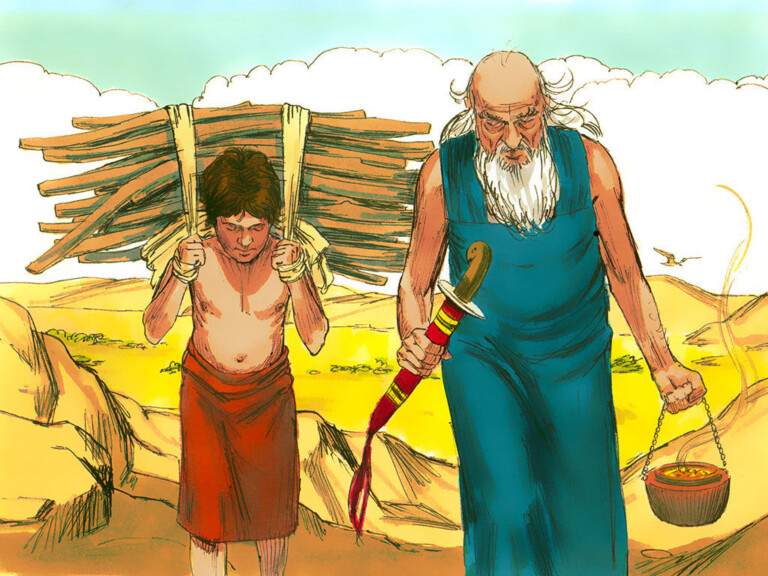Six Ways To Handle Family Discord When Someone You Love Is Dying

My stressful day in ICU was about to become even more stressful. My patient was dying. The doctors, who are taught to help their patients live, had reckoned with the fact that it was just a matter of time. I realized my biggest problem was not the patient or the doctors. My biggest problem was this patient’s family.
I didn’t know them well, but I’d been around them long enough to feel their tension and discord, especially among the siblings. Plus, the mom was clueless and helpless when it came to dealing with her adult children.

I can still see the scenario some thirty-five years later.
Dad begins taking longer pauses between breaths. He is struggling for air so we increase his oxygen. Pain medication is given, again, for he is in obvious discomfort. When it appears he is going to take his last breath, his wife collapses in the recliner provided in the room. His daughter proceeds to throw up in the wastebasket, and the son storms out of the room, slamming the door. It appears he is angry with his mom for fainting and furious with his sister for throwing up. And, except for the lone nurse in the room who is holding his hand, the patient dies alone amid the sounds of machines beeping, a door slamming, and a daughter’s tears mingled with vomit.
I wasn’t sure who needed my help the most. The patient was, after all, my charge. Yet caring for him also meant caring for his family. The only problem was, they didn’t want my care because they had it all figured out.
That was the problem: each of them thought they were completely right and everyone else was wrong.
We shouldn’t be surprised when families face stressful times that unresolved conflicts of the past rise to the surface. Somehow we revert back to how we acted as kids – or how we disagreed as kids. We revert to being the bossy oldest, the spoiled youngest, or the misunderstood middle child. Before we know it, we’re back in sibling squabble mode instead of acting like mature adults.

Here are some suggestions for you to consider when someone you love is dying:
DON’T:
1. Don’t try to fix your siblings or parents. Recognize that the traits in your siblings that irritated you as a child will be exacerbated during this tempestuous time. This is not a time to try to change them and make them into the person they should be. Certainly, you should encourage positive steps; but correction is not going to be accepted easily when a sibling is under duress.
Since you know which sibling will irritate you the most, you might need to take steps to “stay away from” that sibling when you are feeling vulnerable. Leave the room for a bathroom break or to get some coffee and put some space between you until you can calm down. While you might be able to work at the relationship, this is not the time to try to bring up old hurts or try to fix them.
2. Don’t insist (since you’re the oldest, the one with the most medical knowledge, the one closest to this parent, the one who took him to all the doctor appointments) that your way is the right way. There are many ways to cope with grief. There are many ways to care for someone who is dying. There is no right way, so your way can’t be the only way or necessarily the best way.
3. Don’t tell someone else how to do grief. Each of us deals with grief in our own way. There is no right or wrong way to grieve. What works for me might not work for you. Allow your siblings to grieve differently from you, and don’t try to tell them how to do grief. You can’t demand that they adopt your way of grieving because they are not you.

DO:
1. Acknowledge that conflicts will happen, especially during stressful times. At the same time, this moment is not the time to cause undue stress for the one who is dying. Put up a united front so the one who is dying can experience some semblance of peace with the family instead of feeling compelled to diffuse arguments. You may actually be more right than your siblings, but this is not the time to say so.
Consider that, even though your siblings or parents may have hurt you, there may well be things you’ve done in the past that have caused them pain. Whether it is the places you go, things you eat or drink, what you wear or don’t wear, or how you raise your kids, there is likely to be a source of disagreement somewhere if you experience conflict in your family. (For that matter, the shoe might be on the other foot. You might have the issue with a sibling instead of him having an issue with you.)
2. Focus on what draws you together and don’t accentuate your differences during this time. Do what you can to bring harmony and not discord. Your family has a connection because you are family. Use that connection to forge a bond, even if it’s just a temporary one. Maybe, just maybe that bond can become something which lasts even beyond this stressful time. Help build a bridge instead of a wall. Be the first to lay a brick that helps build the foundation of that bridge.
3. Recognize that expressing appreciation for a sibling or parent can go a long way in making them feel important and worthy of thanks. Don’t praise a martyr complex, but do give recognition to those who are carrying the load when you’re not there. Granted, when there is conflict, the last thing we want to do is applaud someone who is grating on our nerves. That’s exactly why it’s the first thing we should do.

When you as a family can present a united front, let go of past failures and hurts, and allow each other to do grief their own way, you’ll find that you can walk through this together. Sometimes a family meeting might be in order, where siblings can raise concerns, ask questions, and give affirmation.
When you bury your loved one, you’ll want to know you did everything you could to bring harmony instead of conflict. You’ll want to know the freedom of having no regrets.
If the family of the patient in my care had considered what their spouse/father wanted most, they could have – for part of the day – put their differences aside and presented a united front. They could have supported each other and shown care for each other in front of their dying family member. When the moment came that he breathed his last, at least one of them could have been holding his hand. He could have seen them with arms around each other instead of watching as each one went his own way.

As it was, the only person holding his hand as he breathed his last was the nurse who barely knew his name. It could have been so different, but it wasn’t because being right was more important (to them) than being there for their family member who was dying.

During times of stress, we need to consider which is worth most: staking our claim or working together. Building a bridge is easier now than it will be to tear down a wall later.

It is never easy to watch someone we love die. Every journey is different – and each person responds differently. This story is about my mother-in-law’s journey following her cancer diagnosis – from earth to Heaven. If you want more information about this book, click here.







